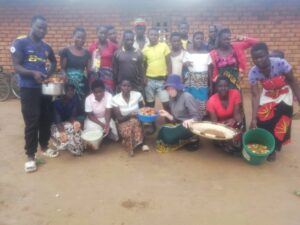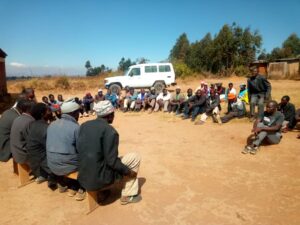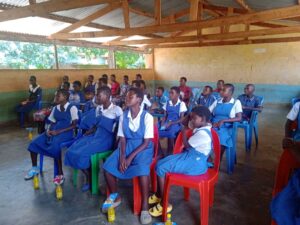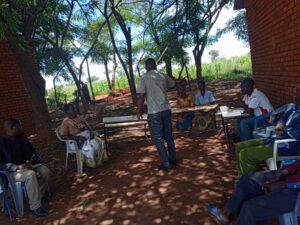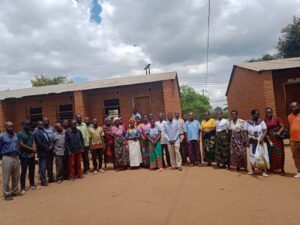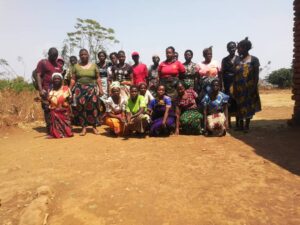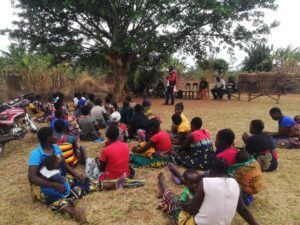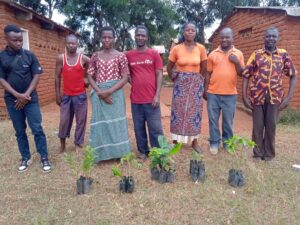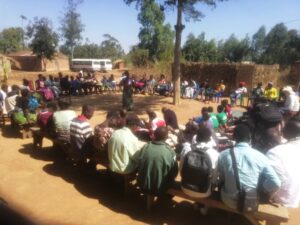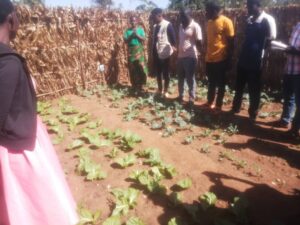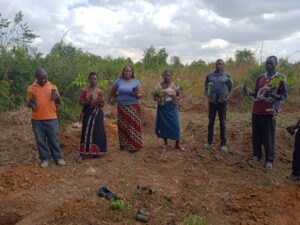Sustainable Community Response in Food & Nutrition Security
Improving Food Security and Nutrition for Dedza District, Malawi
No posts found!
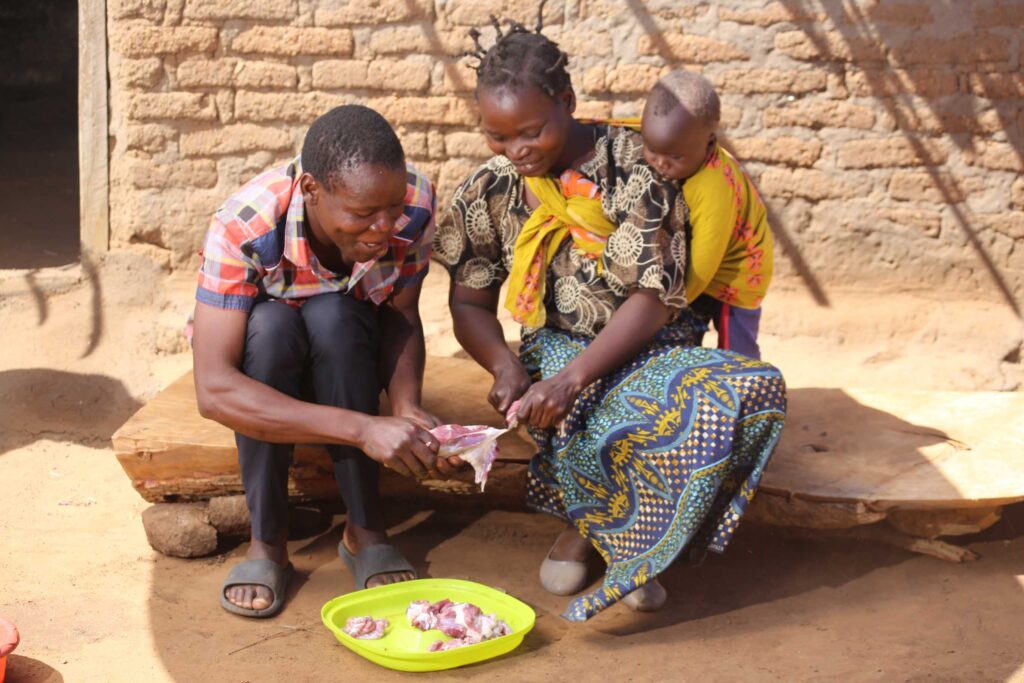
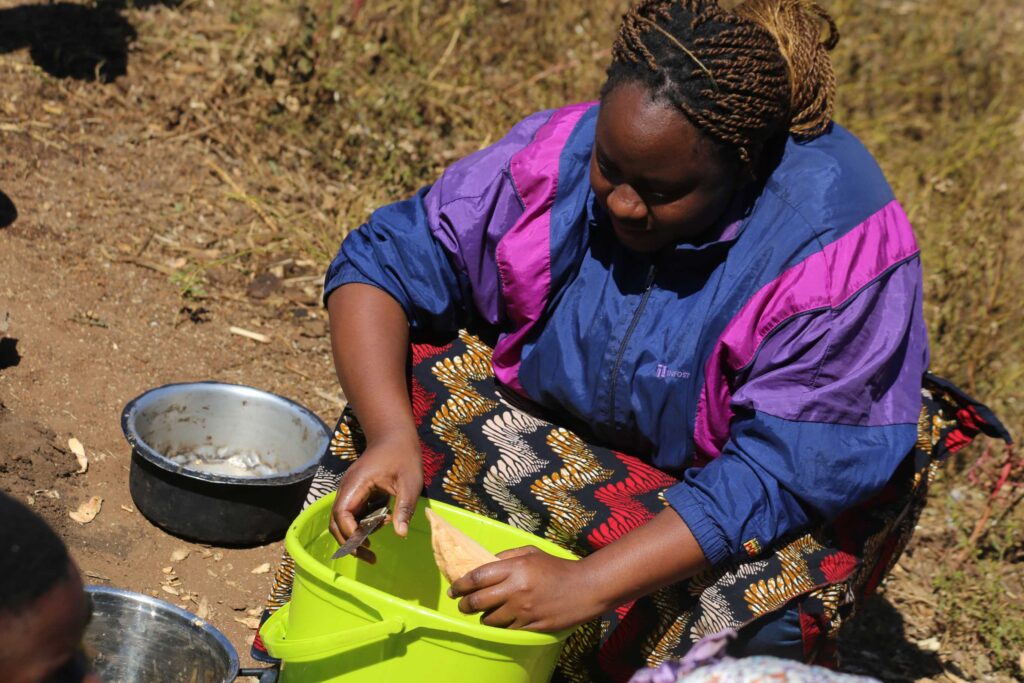
Project Overview
• Project Duration: April 2023 – March 2024
• Location: Traditional Authority Chilikumwendo, Dedza, Malawi
• Funding Partners: German Federal Ministry of Economic Cooperation and Development, Welthungerhilfe, Tilitonse Foundation, CISANET
• Goal: To reinforce food and nutrition-related behaviors and practices to improve health among women of reproductive age, especially pregnant women, lactating mothers, and young women in Dedza District.
Project Objectives
1. Increased Knowledge and Awareness: Enhance food and nutrition awareness among community members and leaders.
2. Improved Food Availability and Accessibility: Boost access to diverse, quality food at the household level.
3. Improved Food and Nutritional Behavior: Encourage better food and nutrition practices within households.
4. Enhanced Coordination and Functionality: Strengthen Food and Nutrition Security (FNS) structures within the community.
5. Evidence Generation and Advocacy: Support data-driven advocacy for effective policy implementation on food and nutrition security.
Key Activities and Achievements
Community Engagement & Awareness
• Exit Meetings: CYECE organized successful exit meetings with various committees to discuss project outcomes and sustainability.
• Community Dialogues: Led discussions on food taboos and health myths, guided by male champions. Dialogues addressed the importance of maternal health and cultural challenges affecting health practices.
Awareness & Education:
• Radio Programs and Listening Clubs: CYECE conducted radio shows on maternal health, nutrition, and agriculture, reaching a broad audience.
• School Nutrition Talks: Organized sessions across three schools, engaging 74 students, promoting diversified diets, physical exercise, and hygiene.
Behavior Change & Practical Demos:
• Cooking Demonstrations: Held sessions across targeted villages, engaging community members in food preparation techniques promoting dietary diversity.
• Orchard Management Training: School Management Committees from three schools received training in orchard management to promote sustainable food practices.
Outcomes & Impact
Community Awareness and Behavior Change
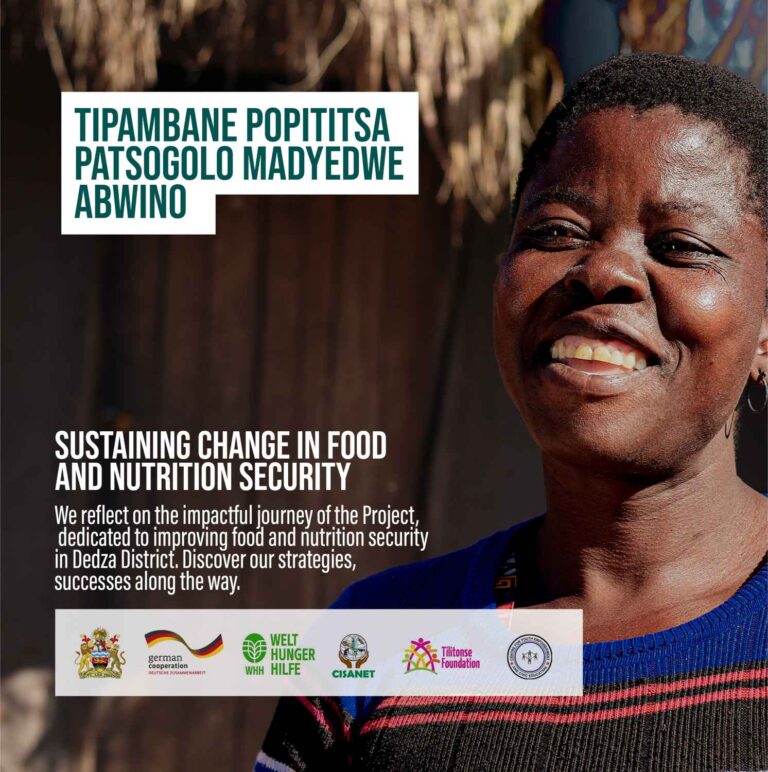
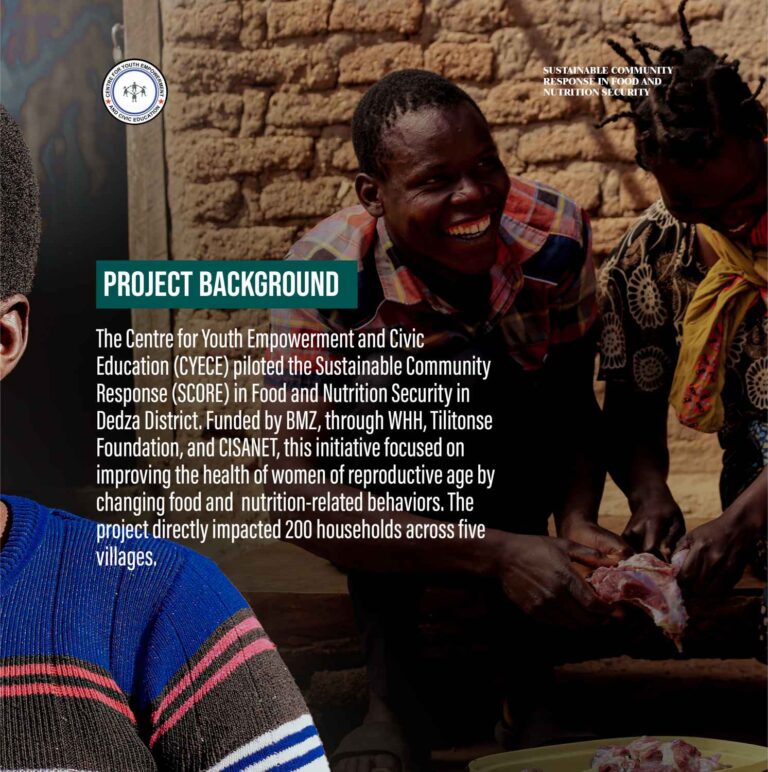
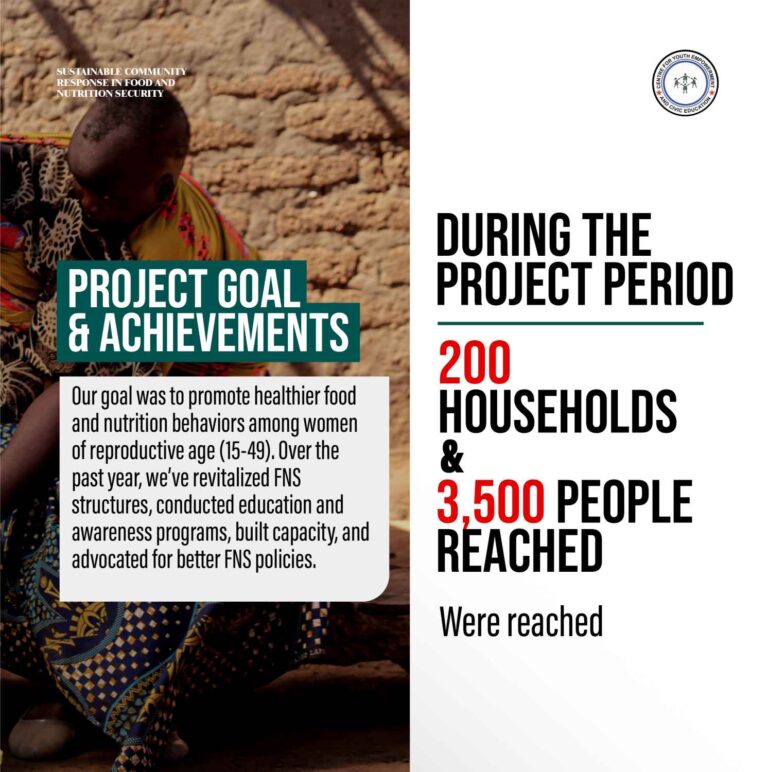
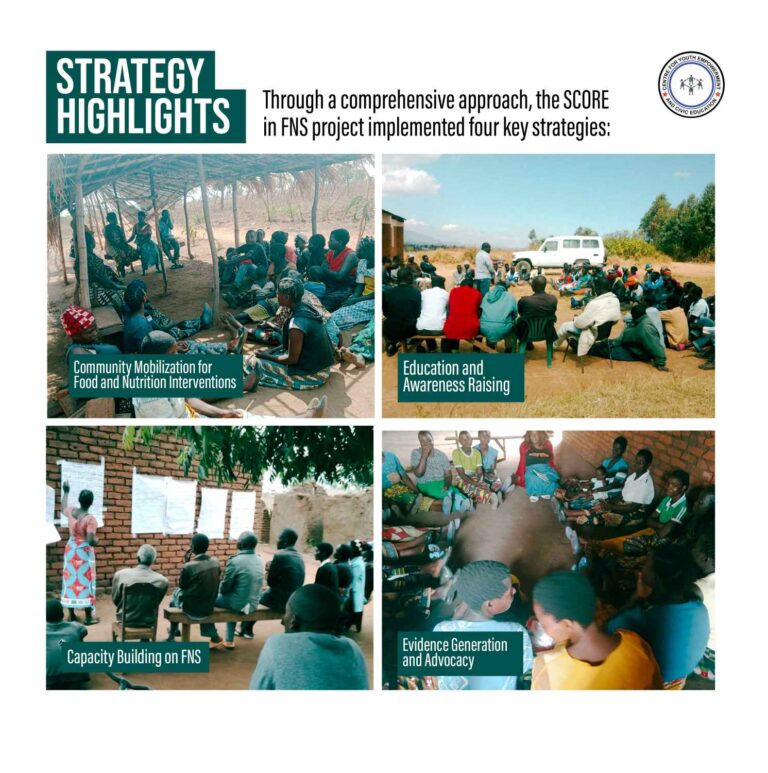
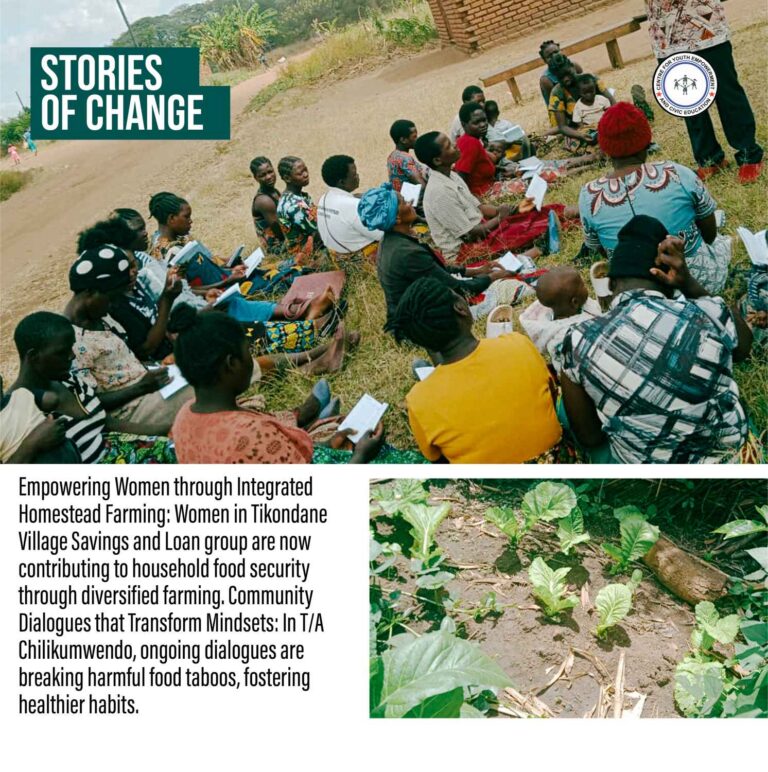
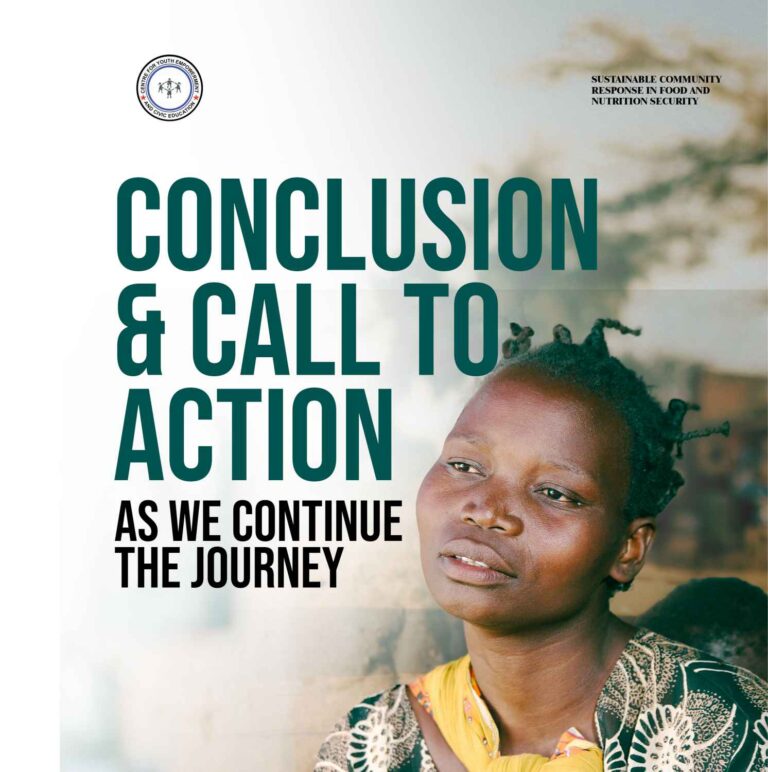
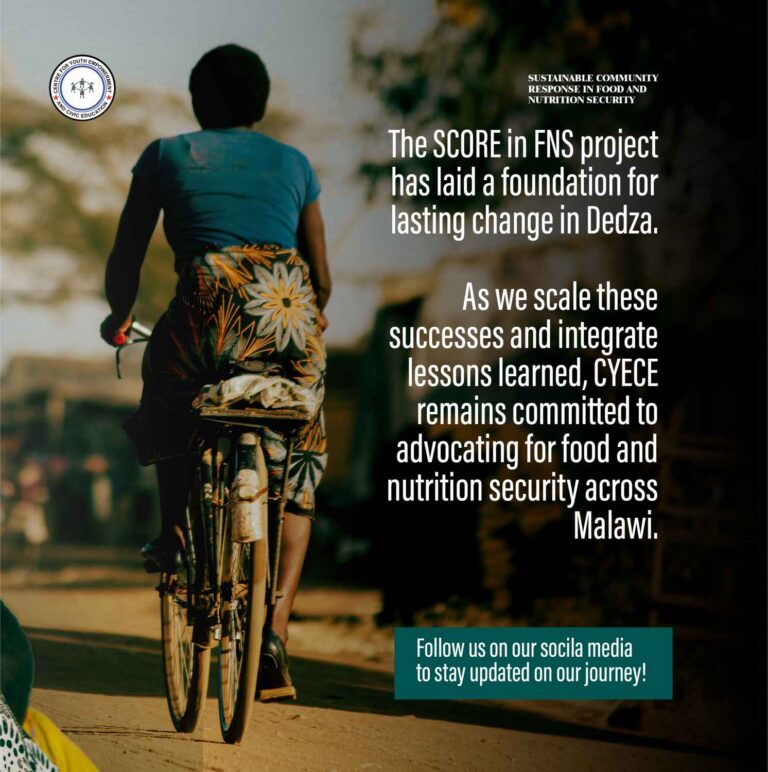
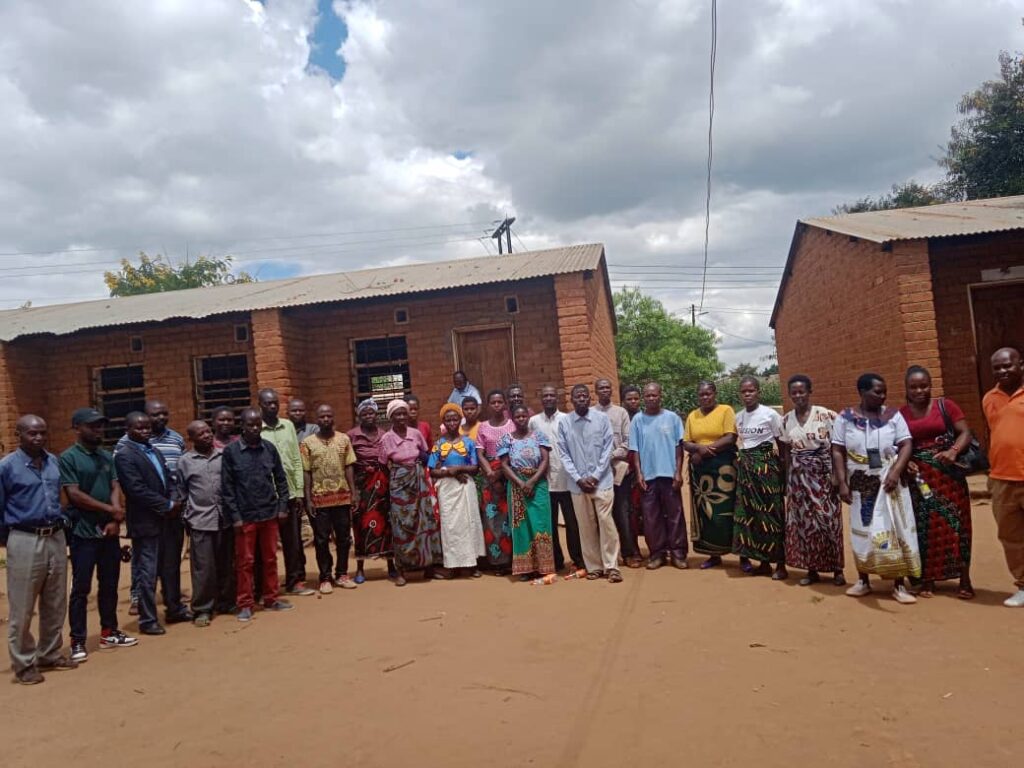
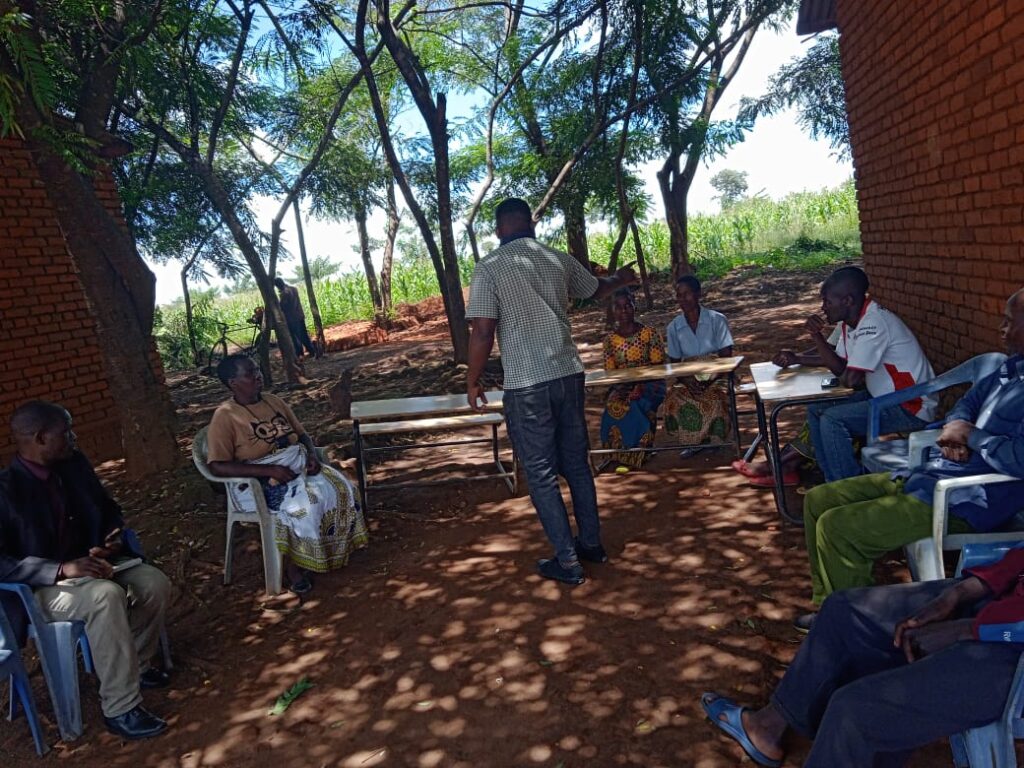
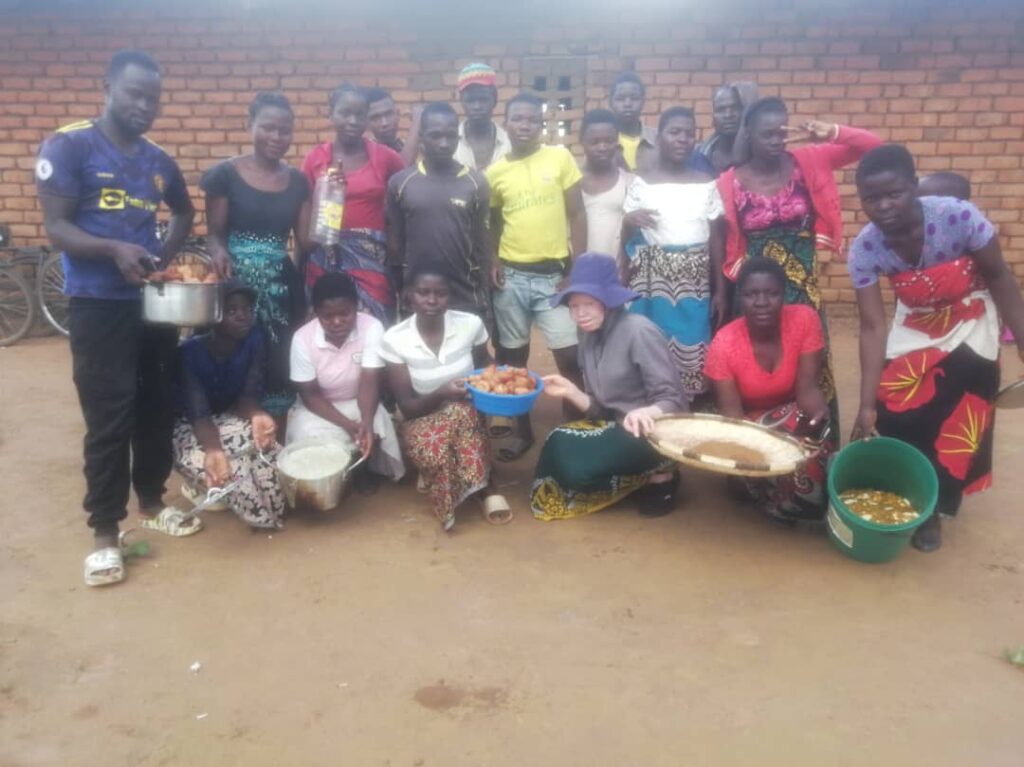
• Reach and Engagement: Through the radio and school talks, CYECE successfully educated community members on the importance of diverse nutrition and hygiene.
• Behavior Change: Community members have shown increased knowledge of nutrition and integrated these practices within households and Village Savings and Loans Associations (VSLA).
• “In Kasepa Village, cooking demonstrations have encouraged young women to integrate more iron-rich foods into daily diets, resulting in improved health among children.”
Lessons Learned & Sustainability
• Stakeholder Engagement: Involvement of diverse stakeholders is crucial for sustained impact.
• Adaptability of Strategies: Flexibility in project strategies enhances effectiveness.
• Sustainability Plans: The community is encouraged to carry on nutrition practices, aided by partnerships with farmer groups and local councils.
Documentation and Knowledge Management
CYECE has documented best practices and success stories for future reference and inspiration. These include:
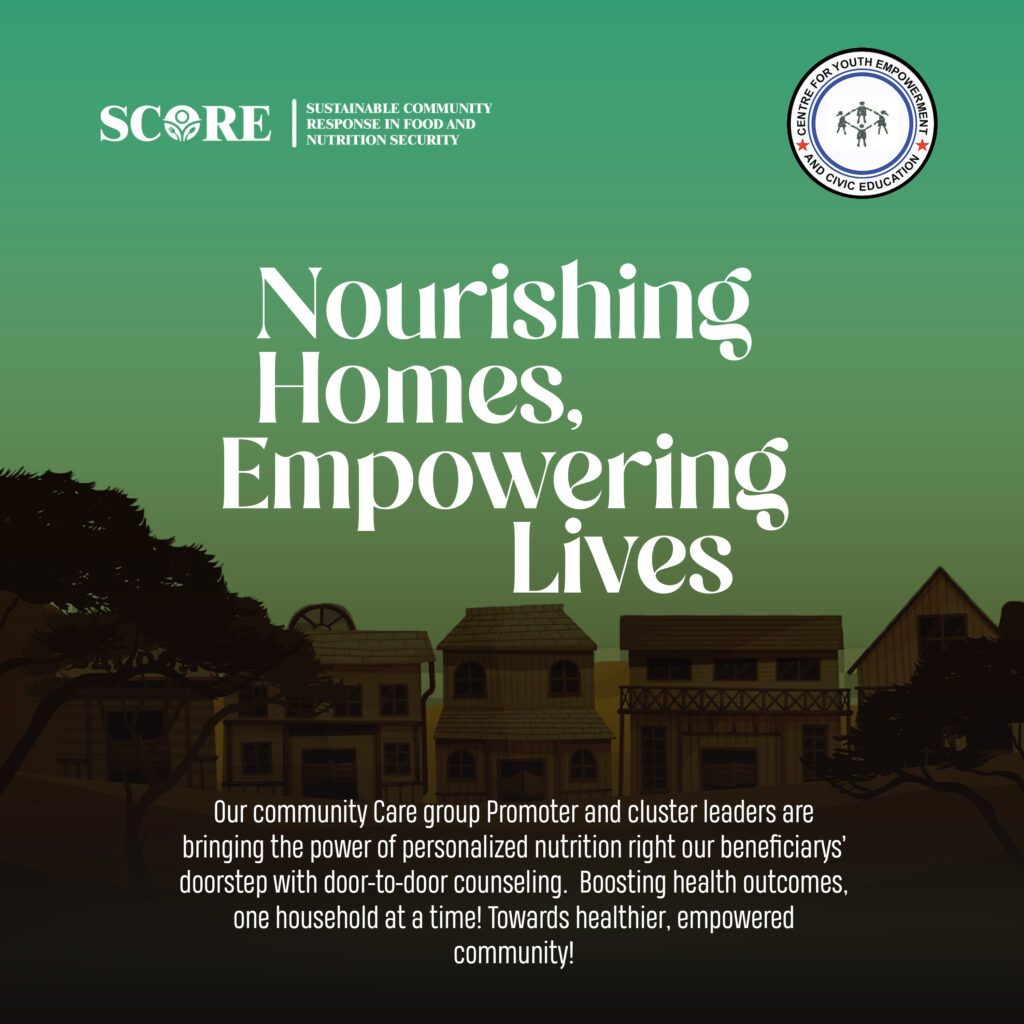
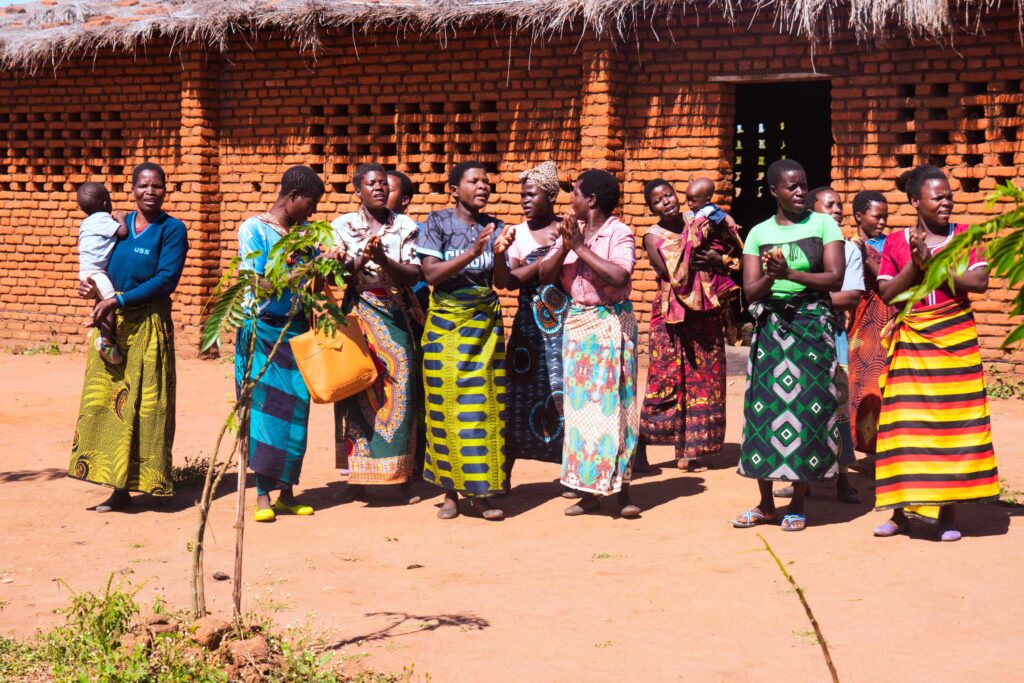
• Social Media Updates: Regular updates and project highlights are posted on social media to reach a broader audience.
• Final Documentary: A comprehensive video documenting the project’s successes will be available on the website and social media.
CYECE has successfully impacted the communities in Dedza by promoting nutrition education, gender equality, and agricultural practices. Through robust community engagement and sustainable practices, CYECE has laid a foundation for ongoing improvements in food and nutrition security across the region.

